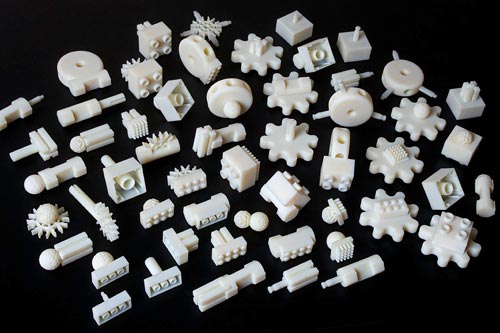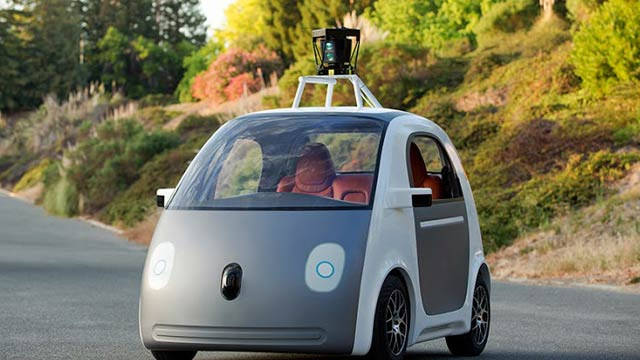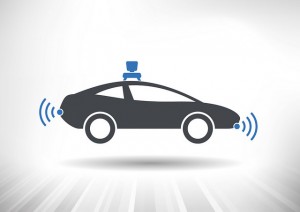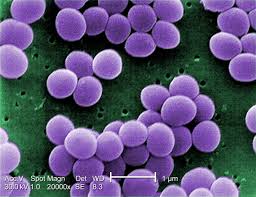Personalities and their effects on biological systems have become an increasingly popular focus of research over the last few years; the target of these studies is often related to the degree in which our personalities can regulate many aspects of our life, such as our wellbeing. A video from the Youtube series ASAPScience (see below) provides an example of the link between personality and biology. The video specifically discusses a relationship between personality and sleep habits (whether you’re a night owl or a morning person) and how the latter reveal your personality traits.
The science behind our personality is simple. It can be defined as a collection of characteristics or qualities that form an organism’s unique character. These specific traits that all combine to form a unique personality can affect different aspects of our life, such as our performance in school and the friendships we have. The question is, does personality really have an impact on our health?
Previous studies have linked personality and its role in the risk of developing health problems. More recently, research has shown that personality traits can be a factor in how well a body can fight a disease. Published in the journal Psychoneuroendocrinology, a study conducted by Kavita Vadhara and colleagues at The University of Nottingham has shown that some traits part of the ‘Big Five’ group, which are five primary dimensions of personality common to all humans, can play a role in the way the defence system of the body works. This system is also known as our immune system.
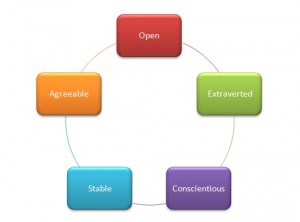
The ‘Big Five’ Model shows the five primary dimensions of personality.
Big Five Source: Wikipedia Commons
The team of researchers asked 121 students to complete a questionnaire based on their personality. This questionnaire measured their degree of the ‘Big Five’ personality traits. Specifically, they looked how extroverted the participants were (energetic, talkative), their neuroticism (how anxious or moody) and their conscientiousness (how organized or thoughtful). In addition to the questionnaire, they also took a blood sample from each participant. This allowed the analysis of a number of genes that are involved in an inflammatory immune response, which is a response initiated by our immune system that helps the body fight infection and speed up the recovery from injury. Using microarray technology to determine which genes are active, the team of researchers were able to make a correlation between personality traits and the active genes required for an immune response.
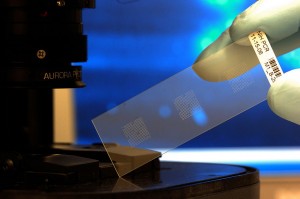
The above instrument is used in microarray technology to identify active genes.
Microarray Source: Wikipedia Commons
Results showed that participants who scored higher for extroversion in the questionnaire had an increased expression of pro-inflammatory genes (genes capable of promoting inflammation). However, participants who demonstrated a higher degree of conscientiousness subsequently had a decreased expression of pro-inflammatory gene expression. In other words, individuals with a more social behavior appear to have a greater ability to deal with infection and injury, whereas participants who were more cautious could not effectively handle the infections. The third trait mentioned, neuroticism, did not show an association with gene expression.
Before you celebrate that your outgoing disposition means you’re better at fighting illness, I think an important question that should be asked is, what is influencing what? Could it be the opposite cause-and-effect relationship, where our immune system influences our behaviour? Whatever the cause of the above results, the study conducted by Vadhara and colleagues provides further support to the dynamic relationship between health and personality.
Check out this video by Kurz Gesaft explaining how the immune system works:
Thanks for reading!
Samantha Mee

